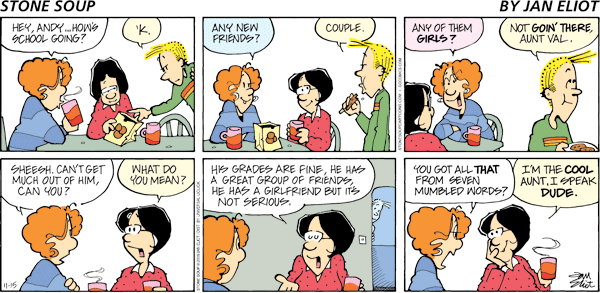In a November 14 comment on Mark Liberman's "Going rogue" posting, David Gustav Anderson says:
In many parts of the English speaking world (UK and Commonwealth), "going rogue" is a euphemism for heterosexual women engaging in anal intercourse.
(I was at first suspicious, since the comment appeared over a year after the original posting, and many such long-delayed comments are spam, but this one looks legit.)
[Added 11/18: As I say in a follow-up posting, DGA is legit, and so is the comment, in the sense that he did post the comment and did so earnestly. But it turns out that his sources were playing a prank on him.]
Such a euphemistic use of going rogue was news to me, but then there are lots of usages I haven't noticed. Anderson didn't give any cites, and I haven't been able to find any, so that for the moment I suspect that euphemistic uses are neither widespread nor frequent, but I'm open for evidence (beyond some individual readers saying that they're familiar with the use).
[Added 11/18: I'm now convinced that claims about this use are sheer invention.]
Read the rest of this entry »
